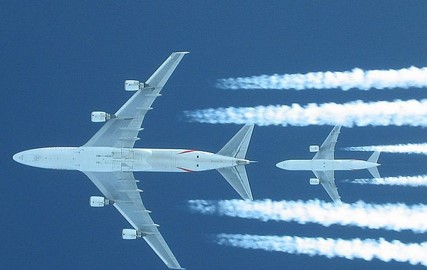Reduced Visibility Separation Minimum (RVSM)

Course Outline
RVSM is the reduction of separation at higher altitudes to allow for increased traffic flow, to accommodate the projected increase in airline travel worldwide. RVSM increases the number of flight levels available, allowing for an increase in traffic, and allowing aircraft to optimize the flight levels for better performance, without compromising safety.
The objective of the RVSM course is to provide aircrew with the necessary theoretical and procedural knowledge to operate an aircraft in RVSM airspace and to ensure aircrew comply with the published aircrew RVSM approval requirements as appropriate.
Price: US$80
Target Group – Pilots Operating in RVSM Airspace
Duration – 3 Hours
Module 1 – Background
Module 2 – The Need for RVSM
Module 3 – RVSM System Safety Standards
Module 4 – AFI RVSM – Implementation Programme
Module 5 – Key Elements of the RVSM Programme
Module 6 – RVSM Approval
Module 7 – Minimum Aircraft Systems Performance (MASPS)
Module 8 – Equipment for RVSM Operations
Module 9 – RVSM Envelope Boundaries
Module 10 – Training Programs, Operating Practises and Procedures
Module 11 – Flight Plans
Module 12 – Air-Ground Communication Failure Procedures
Module 13 – Special Procedures for In-flight Contingencies EUR/SAM Corridor
Module 14 – Special Procedures for In-flight Contingencies Involving a Loss of Vertical Navigation Performance required for flight within the AFI RVSM Airspace
Module 15 – ATC Clearance into the AFI RVSM Airspace
Module 16 – Separation of Aircraft
Module 17 – Special Procedures for Strategic Lateral Offsets in Oceanic Controlled Area (OCA) and Remote Continental Airspace within AFI Region
Module 18 – Phraseology related to RVSM Operations in the AFI RVSM Airspace
Module 19 – Specimen Entry for Operations Manuals: Procedures for Flight in RVSM Airspace
Appendix A – Sample AIC, NOTAM and AIP Supplement
